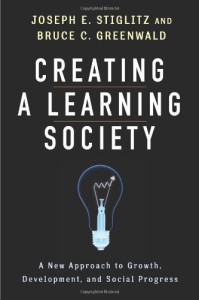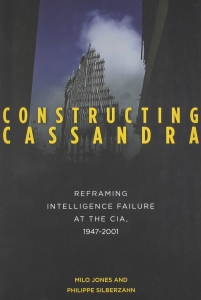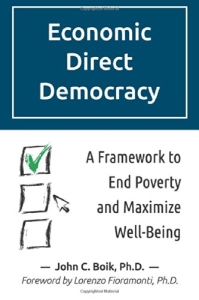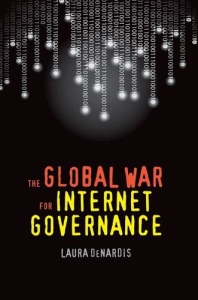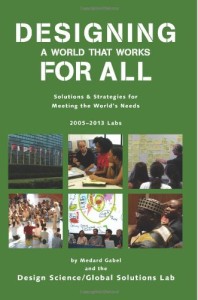
Medard Gabel
5.0 out of 5 stars Co-Creator with Buckminster Fuller of the Analog World Game, The Gold Standard for Serious Games 4.0, September 4, 2014
Medard Gabel, co-creator with Buckminster Fuller of the analog World Game, and architect of the digital EarthGame(TM), is “root” for anyone who wishes to do holistic design, true cost economics, serious games, and open source information-sharing and sense-making. He is too little known, very modest, and does not get the deep attention that he merits.
I have participated in his design seminars, and am always thrilled at how well they work. Everyone starts out working on “their” problem, generally an issue in isolation, and around the middle of the week-long seminar, all the different teams experience the “aha” moment when they realize that they cannot succeed in isolation, that all the challenges need to be addresses by everyone working together.
For me Medard Gabel is the “gold standard” and none of the serious games, however well-intentioned they might be, can be helpful beyond their narrow niche for lack of the holistic understanding and the information-sharing and sense-making architecture that Medard provides for — mostly human, not technical at all. As Russell Ackoff likes to say, what is good for one part of the system might be very bad for all the other parts — Comprehensive architecture and prime design — all threats, all policies, all demographics — are essential to our moving past the toxic industrial era of reductionsim and separation that we have fostered these past two hundred years.
I rate this book, because it is a collection of the best of the best from past books, some of which I reviewed at the time, at six stars instead of five.

